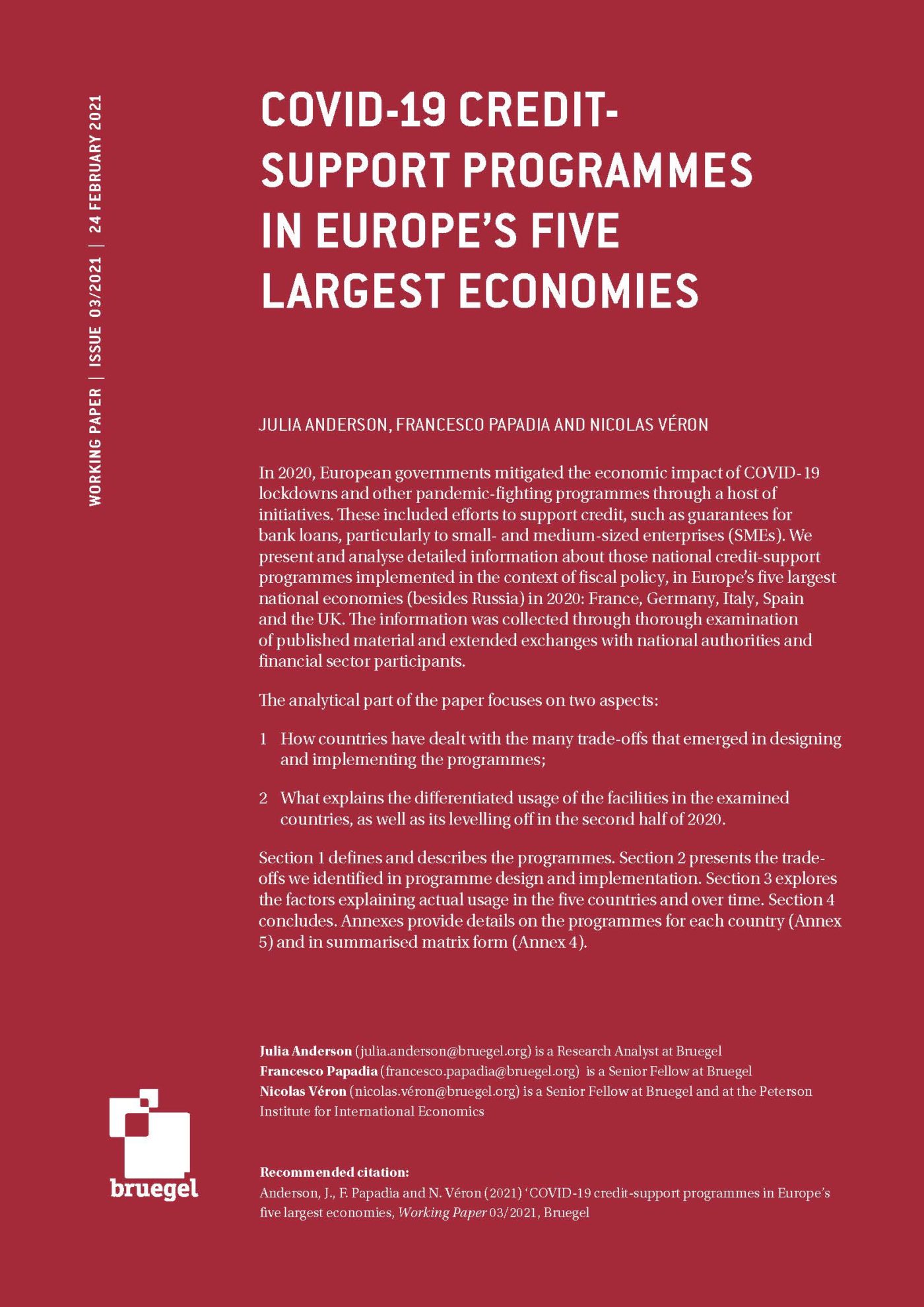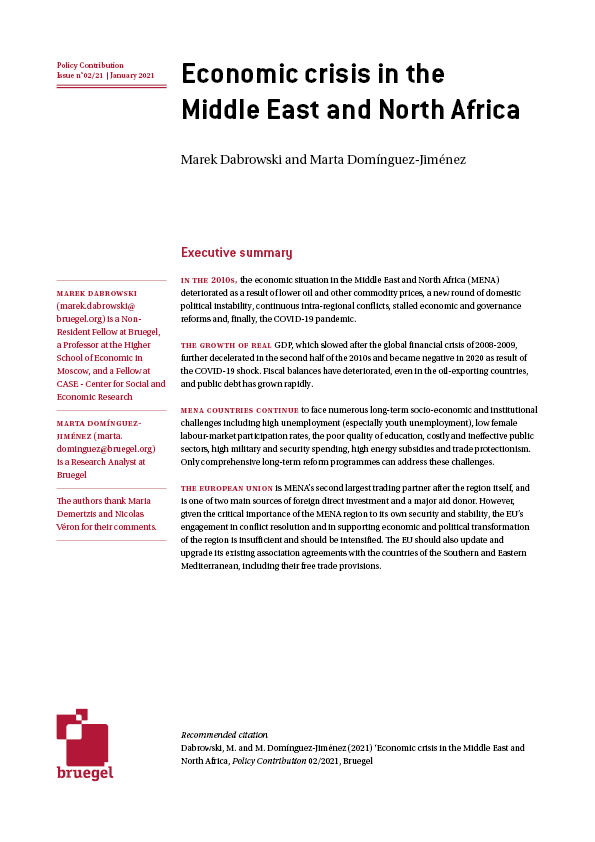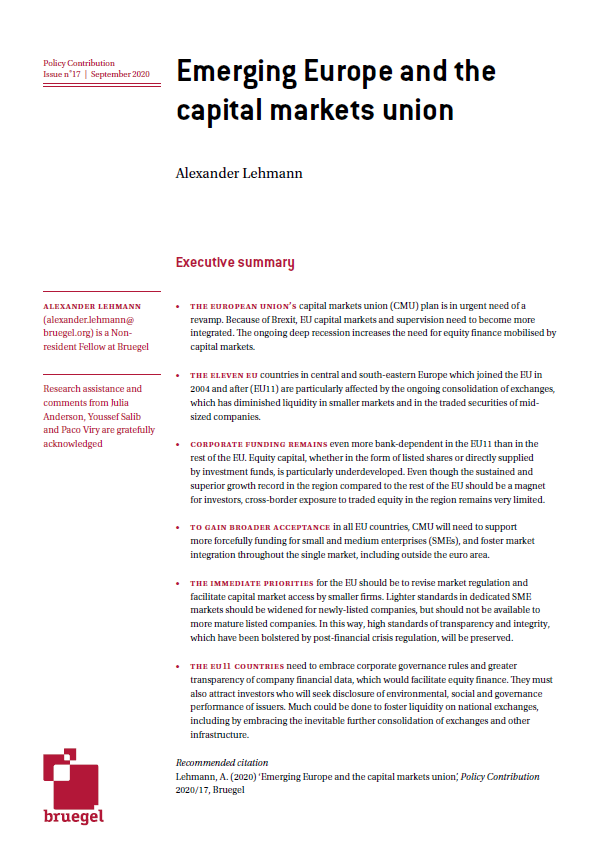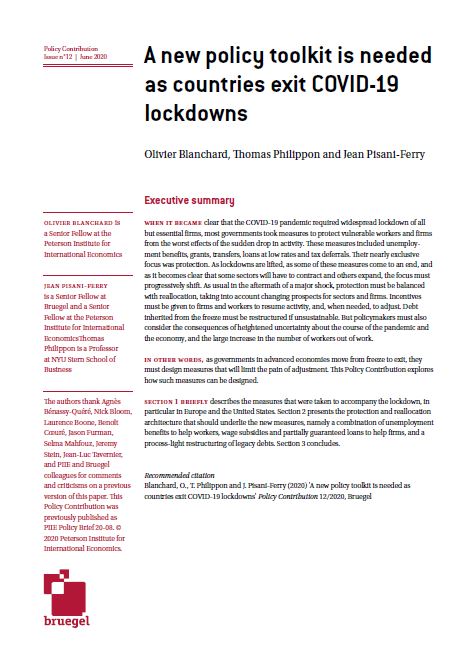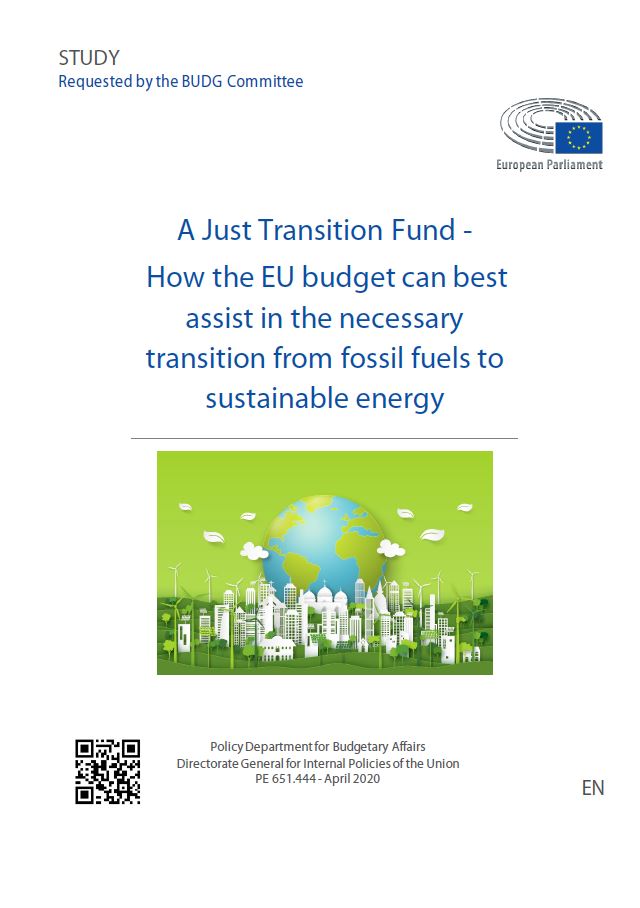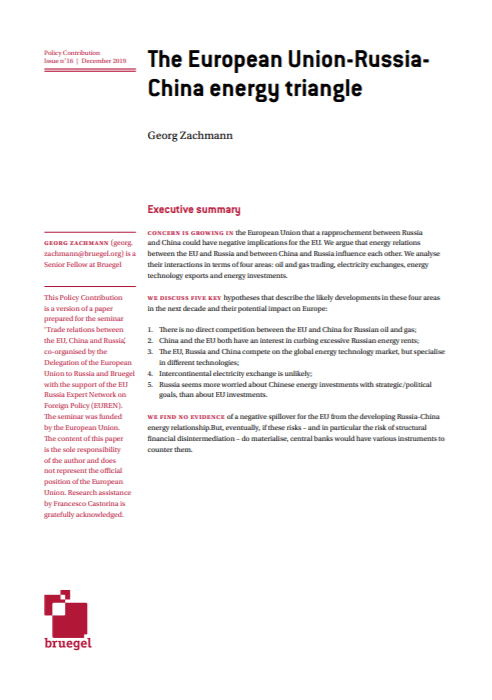Opinion
The importance of economic diversification in the Middle East
Simone Tagliapietra's latest opinion on the Financial Times, on the role of Middle East as cornerstones of global energy
This opinion was also published on FT.com
The recent attacks on Saudi Arabia’s oil facilities have highlighted the role of the world’s largest oil exporter and of the overall Middle East as cornerstones of global energy.
They also underlined the persistent risk of volatility in oil prices and the importance of economic diversification in the region’s petrostates, which governments have been addressing but, so far, with limited success.
Historically, Middle Eastern petrostates have turned to diversification during periods of low oil prices, typically proposing various initiatives to increase the private sector’s role in the economy, encourage small and medium-sized enterprises (SMEs), to create jobs and invest in education and innovation. Such plans have been abandoned when oil prices recover.
Changes in global energy markets and demographic forces make diversification especially urgent today. The fall in oil prices since 2014 has created major financial pressures. Between 2014 and 2017, Saudi Arabia used $240bn of its foreign reserves to cover the large budget deficits caused by falling export revenues and to defend its currency peg.
The need to create non-oil jobs is becoming increasingly urgent. The Middle East is among the youngest regions of the world, with 60 per cent of its population under the age of 25. As a result, 20m young people are expected to join the regional workforce by 2025.
As rightly pointed out in the region’s various diversification plans, the development of SMEs has a central role to play. But for SMEs to develop in the region, its financial sectors must change. A recent survey by the World Bank and the Union of Arab Banks of more than 130 regional banks showed that only 2 per cent of lending in petrostates goes to SMEs. This is substantially lower than the average in middle-income countries of 18 per cent and in high-income countries of 22 per cent.
There are two possible and complementary approaches to unlock financing for SMEs in Middle Eastern petrostates.
The first concerns the development of the domestic banking sector. In petrostates, banks are often poorly capitalised, as oil revenues flow directly from national oil companies to governments, bypassing the banking system. As a result, the economy may be capital-rich and a net international saver in the oil sector, but capital-poor and reliant on foreign lending or family savings in the rest of the economy.
A well-regulated and adequately capitalised banking system integrated into global financial markets would play an important role. This would entail the development of financial regulatory and supervisory frameworks, with adequate incentives for SME financing.
The second concerns the development of alternative channels of financing for SMEs. This would include the development of capital market instruments to mobilise savings; a large and diversified investor base and broader capital market development; adequate financial infrastructure and legal frameworks; and regulatory and supervisory frameworks that support the safe development and integrity of capital markets and fintech-supported SME financing.
An important alternative channel of SME financing might exist in sovereign wealth funds (SWFs). Middle Eastern petrostates have some of the largest SWFs in the world. These could be used to invest in SMEs, rather than as tools to perpetuate rent-seeking through financial or real estate speculation. Given their size, the region’s SWFs could be the main driver of economic diversification, should their investment strategies be refocused on local production and SMEs.
Republishing and referencing
Bruegel considers itself a public good and takes no institutional standpoint.
Due to copyright agreements we ask that you kindly email request to republish opinions that have appeared in print to [email protected].



